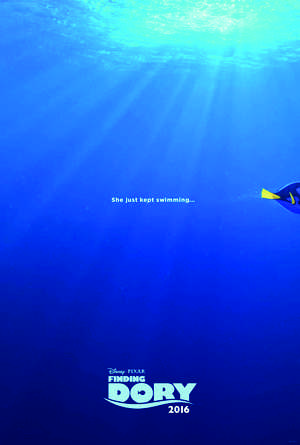Article Summary: With the release of Reflektor, Arcade Fire has four studio albums. The biggest indie band in the world has made a daring statement with this double album. It’s merging of dance music, rock, and Caribbean music will surely alter the course of contemporary rock music.
After a three year hiatus, Arcade Fire has released its fourth full studio album. The Montreal band stepped onto the indie music scene with the sensational LP Funeral. The sound featured on Funeral was based on an eight piece band using traditional rock instrumentation mixed with the untraditional. Instruments such as the medieval hurdy-gurdy allowed them to define their sound against the backdrop of urban guitar rock pioneered by Interpol, The Strokes, and The White Stripes. Nine years later, they have completely redefined their sound.
“This music has great power, and is very lush,” sophomore Peter Morell said, hearing these songs for the first time. The beginning of this evolution in sound began with a collaboration with James Murphy, the indie dance music icon. His production encouraged a dancier, wryer, and more fun Arcade Fire, still permeated by their characteristic earnestness. The album is divided into two sides. The first features a rawer, more live sounding Arcade Fire, while side two is dreamier.
Album highlights include Afterlife, Normal Person, and the lead single/title track Reflektor. These songs catch Arcade Fire at their most powerful and emotional. Normal Person and Reflektor feature Arcade Fire’s new sense of earnestness, while Afterlife hearkens back to their earnestness. Like most of Arcade Fire’s music, these songs discuss alienation in different arena’s.
Much of the inspiration for Reflektor came from the band’s experiences while in Haiti. When they were doing service in Haiti, they also ended up playing music for the locals. Since those people did not have access to the type of music Arcade Fire draws inspiration from, the band had to try to connect with these people on purely melodic and rhythmic terms. That said, the album is also very emblematic of the new wave electronic scene. There is as much traditional caribbean influence as there is New Order. Mostly though, they just sound like Arcade Fire.









